credit The difference between the “Swiss T 25” & “T Swiss T” | CHRONEXT
Rolex Watches Lume: Luminova, Super Luminova, Chromalight | SwissWatchExpo - YouTube
T swiss T = Tritium and swiss made ( the radioactive less than 7.5 mci)
swiss T<25 = Tritium and swiss made ( the radioactive less than 25 mci)
swiss = Luminova and swiss made for rolex used in 1998 (few products)
swiss made =super luminava used in 2000 (the light is green) and Chroma light is develop
by Rolex in 2008 (the light is blue and the double power of luminava )
Addtional about the lume
At first Radium was uesd but it had highly toxic so Tritium was the second one to place it.
the adventage of Tritium
Tritium don't need the sun light to charge the power so it can glow in the dark for so long and it have life time about 20 years (actually pure tritium have life time about 12.3 years but it add phosphor so life time can be longer about 20 years and after that the color of Tritium will be change to yellow shade)
Have you ever noticed a difference between the designations located on the bottom of a watch dial? Sometimes they read “Swiss T<25” or “T Swiss T” below the six o’clock marker. But what do these different labels mean? CHRONEXT is here to clear this question right up.
Watches have been created with a luminescent material since the 1900s, rendering them highly legible in unfavourably lit environments. Timepieces are made decipherable in the dark thanks to photoluminescent or radioluminescent properties that coat its hands and indices. Evidently, radioluminescent materials are radioactive, and can thus harm individuals who are exposed to sufficient amounts of it. Therefore, timepieces that utilise a radioluminescent coating on their hands and indices must be regulated to meet specific standards, thus ensuring that the wearers of these watches are exposed to a safe amount of this hazardous material.
Warning: Radioluminescent Elements
This has not always been the case, though, and in the past, watchmakers have learned the hard way that exposure to large amounts of these materials is deadly. Panerai first developed a process for creating luminous markings in 1915 with the use of the highly toxic based substance Radium. It is likely that Guido Panerai had no idea just how dangerous contact with this substance was. Unfortunately, many of the dial painters from this era eventually died from exposure to the substance.
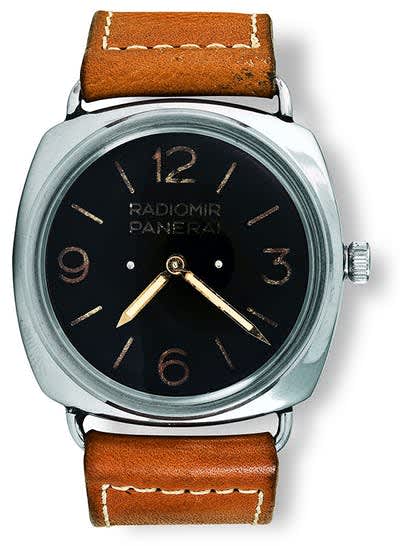
Following the revelation that radium was a highly toxic substance, watchmakers turned to tritium to provide a glow to their watches even though it was still a radioluminescent substance. Today, the completely health-friendly photoluminescent Superluminova is used in order to provide optimal legibility of watch dials at all times.
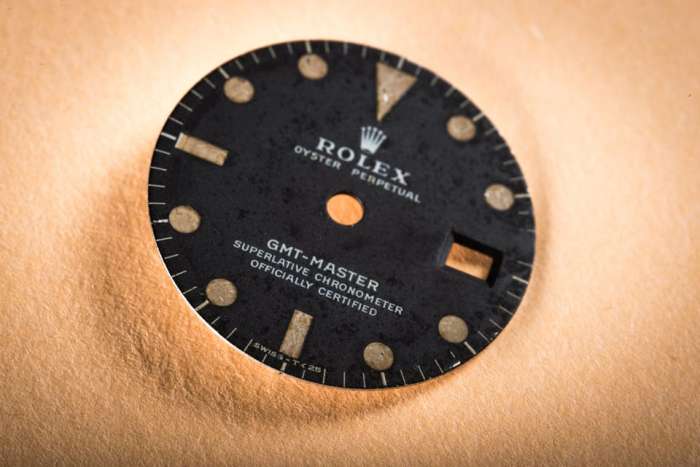
The current use of radium has evidently ceased in watch production and has been replaced with much safer alternatives. Today, radioluminescent materials are still used but are typically reserved for professional instruments and are strictly regulated by the standard ISO 3157, which allows two types of radionuclides: tritium and promethium. The use of these materials must be marked on the watch dial.
So what’s the difference?
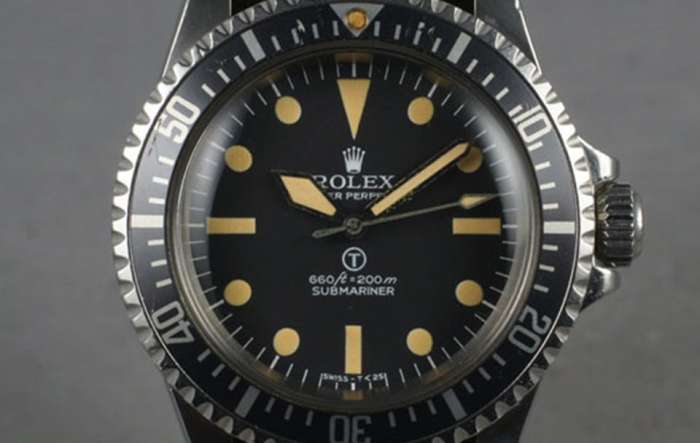
T:
A “T” on a watch dial indicates that the watch contains tritium-activated deposits.
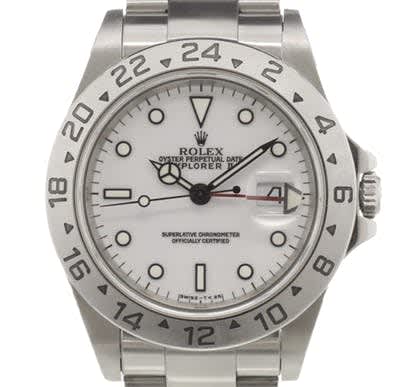
Swiss-T <25: This marking means that the watch is Swiss and contains an amount of tritium that emits less than 25 mCi.
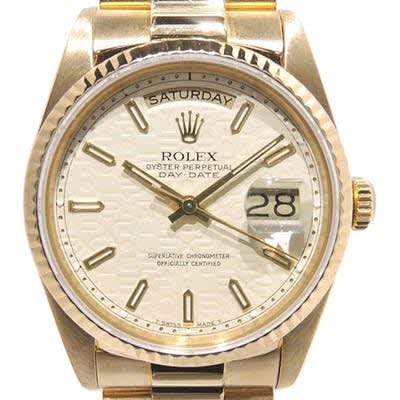
T Swiss Made T: This designation again shows that the watch is Swiss but, alternatively, contains an amount of tritium that emits less than 7.5 mCi.
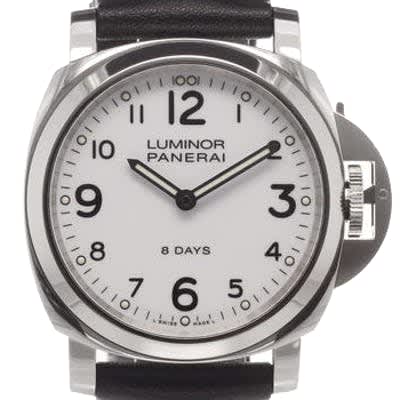
L Swiss Made L: When you see the designation “L Swiss Made L” on a watch dial, you can be sure that the lume material is photoluminescent.
Comments
Post a Comment